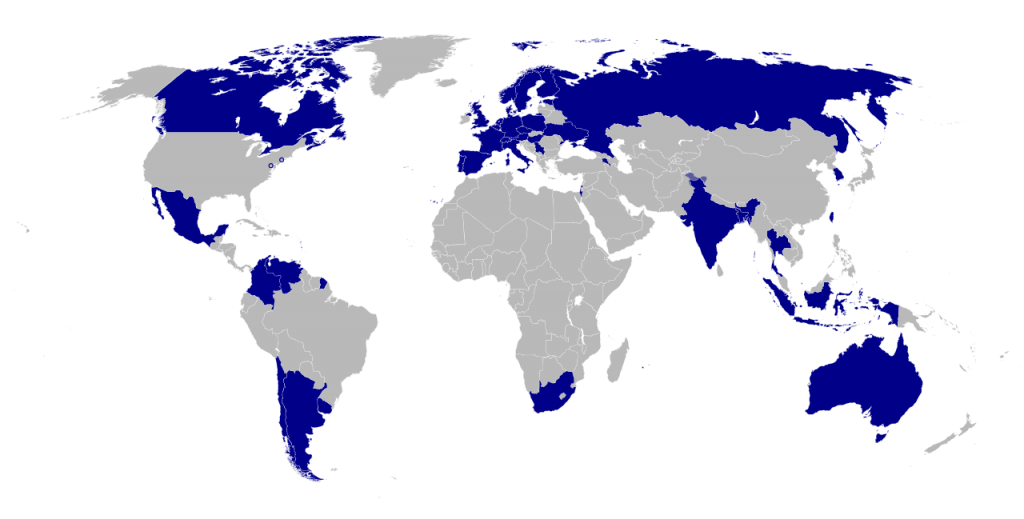The knowledge that cannot be reached with a quick Google search is not visible, cannot be reciprocated, and thus does not exist. Today, preserving knowledge means making it accessible to a broad public online. And it also means giving relevant actors the opportunity to disseminate their knowledge online.
Wikipedia has become the best-known encyclopedia because it takes a “radical participatory” approach. Everyone can participate. That is Wikipedia’s claim. The aim is to represent “the sum of all knowledge”.
While Wikipedia is turning the scientific knowledge system upside down through its “radical participation”, it has so far failed to shake off Western dominance. Wikipedia is further from the goal of covering all knowledge than one might think.

Written sources of indigenous knowledge are rare, and even fewer come directly from custodians of indigenous knowledge. Far more often, they come from scholars, i.e from the dominant knowledge system, and write about indigenous knowledge and its system.
However, Wikipedia needs reliable sources to ensure quality. A barrier, and not the only one.
Supporting a stronger representation of indigenous knowledge in Wikipedia, one must either allow non-written sources or enable custodians of indigenous knowledge to access the internet and generate written sources.
This project aims to change the system profoundly and sustainably, to provide the foundation of an application and scholarly work on indigenous knowledge. It is possible to provide free access to scholars all over the world and thus a basic prerequisite for their work.
The project is currently in the early planning stage. If you see room for participation or improvement, do not hesitate to contact us. We are (and always will be) open to constructive feedback. More coming soon, stay tuned.